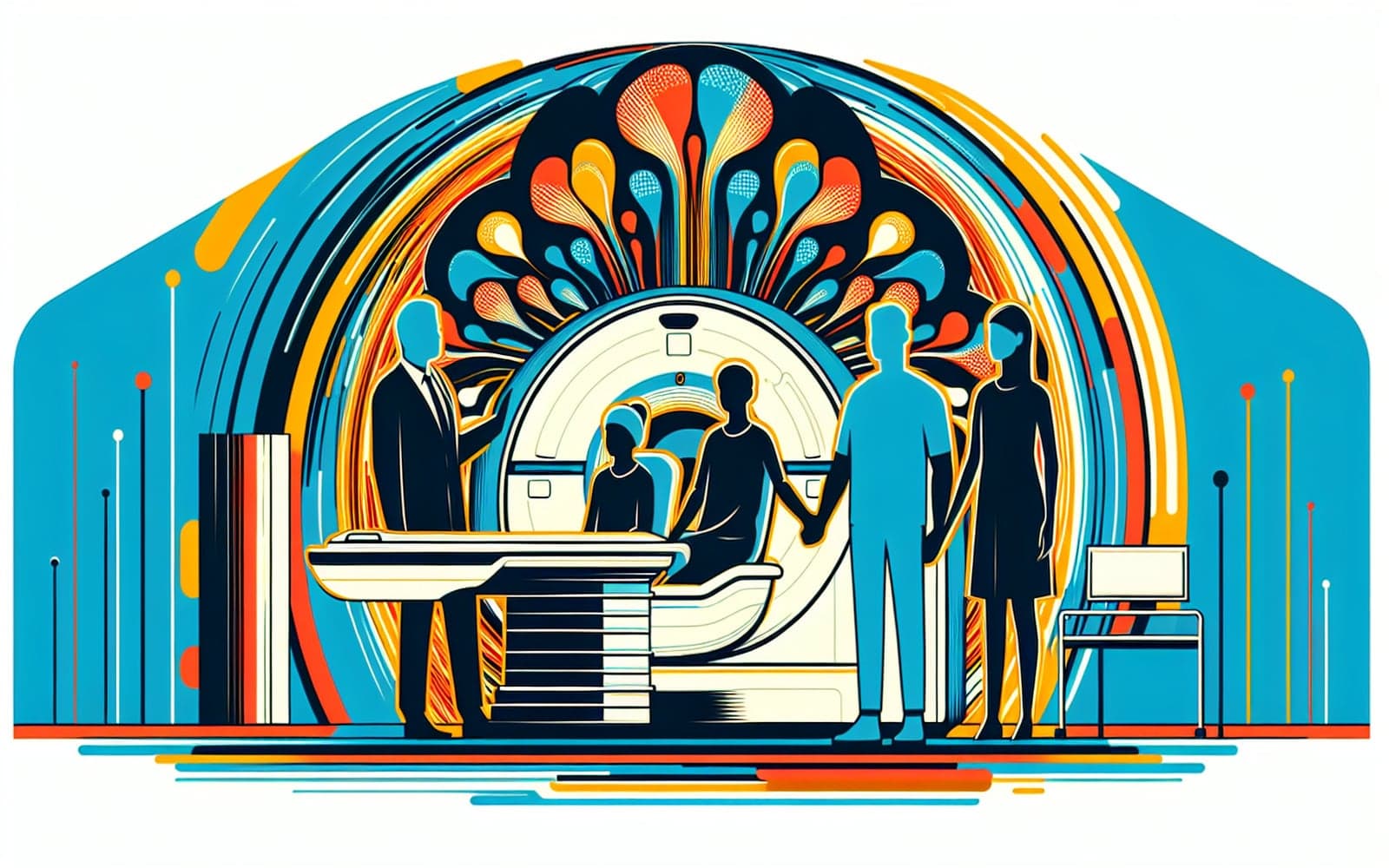MRI in MS: Why This Imaging Test is Crucial for Diagnosis and Monitoring
Published: Sep 19, 2024

Medically reviewed by Michelina Stoddard | MD, Ph.D, Joan & Sanford I. Weill Medical College of Cornelle University - San Antonio, Texas on September 19th, 2024.
Magnetic Resonance Imaging (MRI) plays a pivotal role in multiple sclerosis (MS) care. But why is this test so important, and what can it reveal about your MS?
Contents
MRI for MS Diagnosis
MRI is a crucial tool in diagnosing MS. It can detect the characteristic lesions or plaques in the brain and spinal cord that are hallmarks of MS. These lesions appear as bright spots on certain types of MRI scans. MRI can also help rule out other conditions that might mimic MS symptoms. The pattern and location of lesions can provide valuable information about the type and severity of MS.
Monitoring Disease Progression
Regular MRI scans are essential for monitoring MS progression. They can detect new or enlarging lesions, even when you're not experiencing new symptoms. This 'subclinical' disease activity can influence treatment decisions. MRI can also track brain atrophy (shrinkage), which is associated with cognitive decline in MS. Guidelines typically recommend yearly MRI scans for most patients with MS.

Assessing Treatment Effectiveness
MRI is a key tool for evaluating how well your MS treatment is working. A stable MRI (no new or enlarging lesions) is a good sign that your current treatment is effective. On the other hand, new MRI activity might suggest that a change in treatment is needed. Some MRI scans use contrast dye to highlight areas of active inflammation, which can provide additional information about disease activity.
Frequently Asked Questions
No, but they can be noisy and require lying still.
Typically yearly, but it can vary based on your situation.
It can provide clues, but can't definitively predict the future.
Key Takeaways
While MRI isn't perfect, it remains our best tool for visualizing and understanding MS disease activity.
Have questions about your recent MRI results? Consult with Doctronic, your AI doctor, for help interpreting your scan.Related Articles
References
Wattjes MP, et al. 2021 MAGNIMS-CMSC-NAIMS consensus recommendations on the use of MRI in patients with multiple sclerosis. Lancet Neurol 2021; 20:653.
Louapre C, et al. Imaging markers of multiple sclerosis prognosis. Curr Opin Neurol 2017; 30:231.
This article has been reviewed for accuracy by one of the licensed medical doctors working for Doctronic. Always discuss health information with your healthcare provider.

